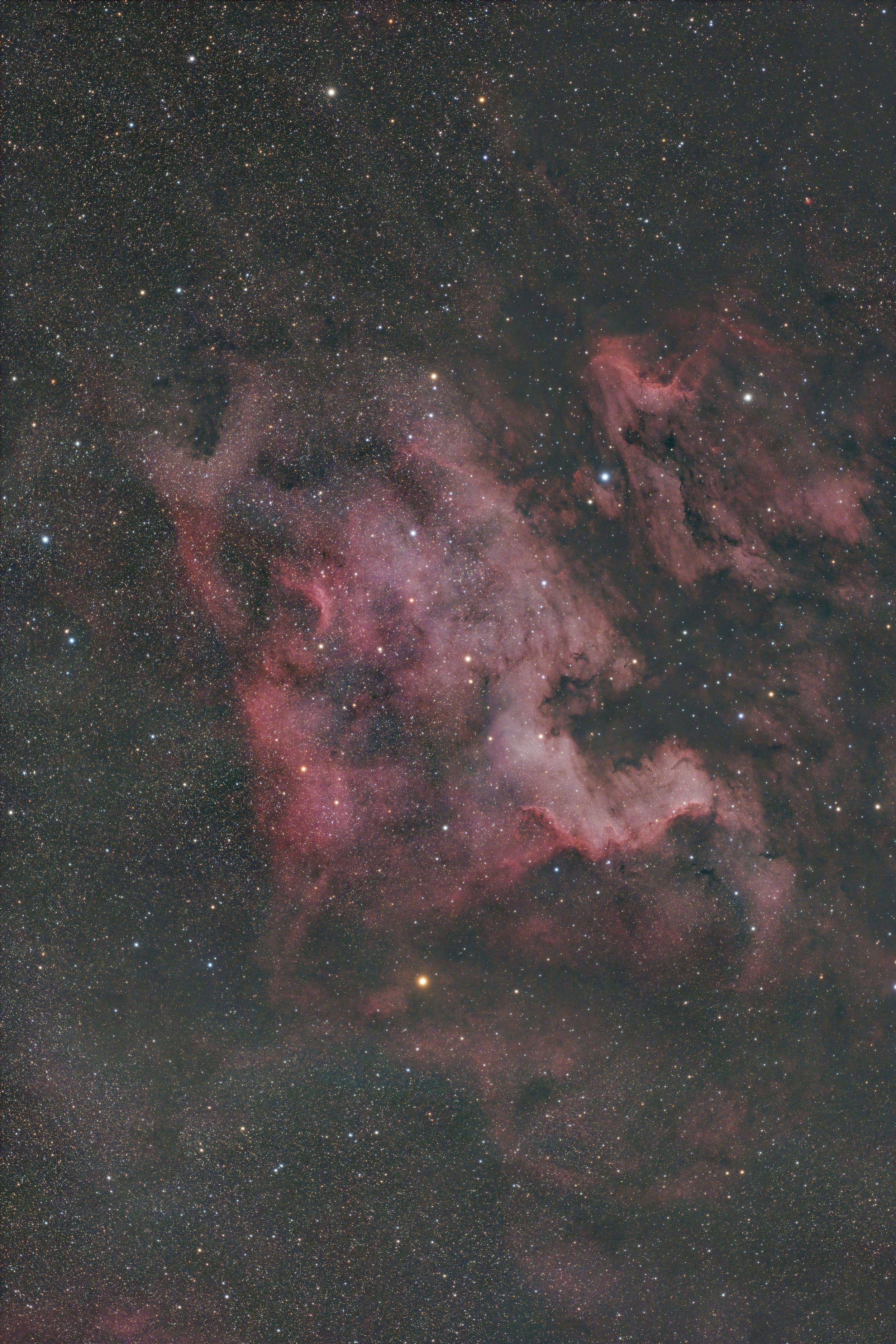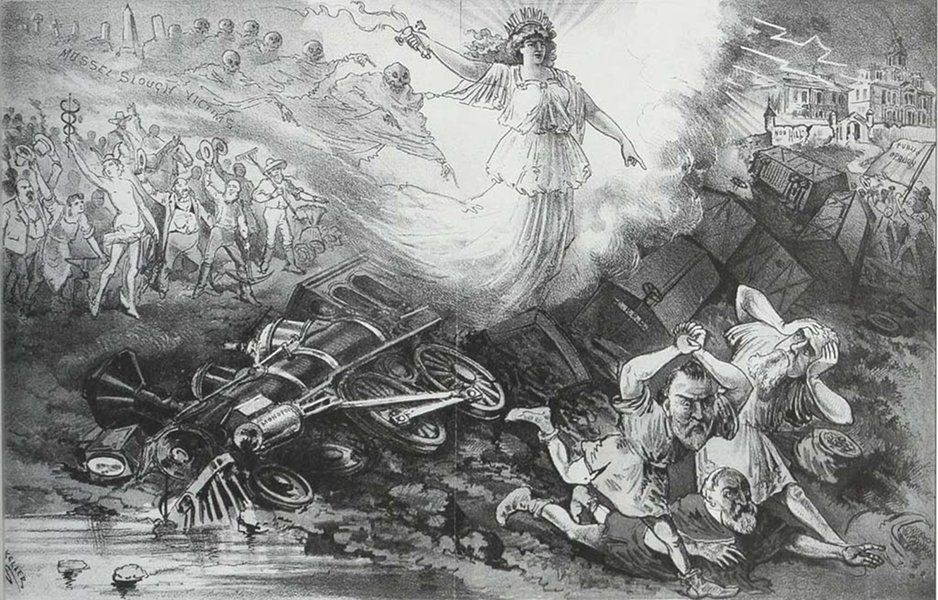18 March 2025
The copyeditor in me noticed that the Donald Trump’s executive order of 29 January 2025 titled Additional Measures to Combat Anti-Semitism uses the hyphenated and capitalized form of that word instead of now usually preferred forms antisemitism and antisemitic. The change in preferred spelling is both an example of a rapidly changing usage and of the sloppiness and inattention to detail, and perhaps even malicious intent, that is characteristic of the Trump administration.
Ten years ago, the form anti-Semitism was the overwhelmingly preferred spelling; the Corpus of Contemporary American English, with data up to the year 2012, records 3,108 hits for that spelling compared to only 618 for antisemitism. But the preferred spelling has rapidly changed over the past decade. The News on the Web (NOW) corpus records 3,062 hits for anti-Semitism in the year 2024, compared to 18,777 for antisemitism. The ratio of 5: or 6:1 remains steady, only it has flipped in favor of the antisemitism spelling.
This shift can also be seen by comparing the U.S. Department of State’s current statement on Defining Antisemitism with its statement on Defining Anti-Semitism issued in 2010. (The State Department’s website does not give a date for the current statement, but the department’s shift in spelling seems to have occurred during the Biden administration.)
As to the origin of the term, the French adjective antisémitique, in the sense of prejudice toward Jews, appears by 1868, and the German noun Antisemitismus was in use by 1876, popularized, if not coined, by journalist and antisemite Wilhelm Marr. Both adjective and noun, in hyphenated form, had entered widespread English usage by 1879.
The shift in spelling, dropping the hyphen and capital letter, began in earnest in April 2015 when the International Holocaust Remembrance Alliance (IHRA) announced a preference for the antisemitism spelling, claiming that hyphen and capitalization of Semitism “not only legitimizes a form of pseudo-scientific racial classification that was thoroughly discredited by association with Nazi ideology, but also divides the term, stripping it from its meaning of opposition and hatred toward Jews.” The Anti-Defamation League (ADL) followed suit in 2021, as did other organizations and editors.
But dictionaries have yet to catch up with this shift in spelling. Dictionaries tend to be slow, both because their editorial bandwidth is limited and because they generally want to focus on lasting usages and not respond to every shift in fashion. Although given the sensitive nature of the term, perhaps by this point they should move antisemitism up on the list priorities to edit. The Oxford English Dictionary (OED), from 2019, only makes mention of the antisemitism spelling in its listing of forms of the word; all its usage citations are of anti-Semitism. Merriam-Webster’s only mention of the antisemitism spelling is a note saying it is used “less commonly.” And the 2022 fifth edition of the American Heritage Dictionary makes no mention of antisemitism spelling at all.
The Chicago Manual of Style is more up to date. For some time, that style guide’s preference has been for a “spare hyphenation style” that as a general rule does not use hyphens between prefixes and roots; this general rule is unchanged from at least the 2003 fifteenth edition. (I did not look further back.) However, the 2024 18th edition of CMOS’s Hyphenation Guide includes antisemitism as an example of this spare hyphenation style, where previous editions did not give this specific example.
As to why the Trump administration deployed the anti-Semitism spelling, the Times of Israel (14 March 2025) reports that the Trump administration has not responded to inquiries about the spelling. One might think it is a knee-jerk reaction to the “liberal Biden administration’s” use of antisemitism, but conservative media outlets like Fox News and Breitbart also use that spelling, as does virtually all of the Israeli press. It is possible the Trump White House simply consulted dictionaries as to the correct spelling. But while this might be a legitimate excuse for an ordinary writer, one would hope that when crafting a policy on antisemitism the White House would be consulting experts and be aware of the shift in spelling. About the only explanations that makes sense are that it is yet another example of sloppy and poorly worded and executed policies that are coming out of the current White House or that they actually prefer the anti-Semitism spelling.
Does the spelling matter? On one level, it doesn’t. Spelling isn’t going to alter anyone’s views toward Jews. If the anti-Semitism spelling contributes toward hatred of Jews, that contribution is marginal at best. But on another level, it does matter. When one sees someone use the anti-Semitism spelling in 2025, one can rightly conclude that, at best, they are unaware of the difference. And when one sees the White House using it, one can only conclude that they aren’t serious about combatting antisemitism or, worse, that they are antisemitic themselves.
Sources:
American Heritage Dictionary, fifth edition, 2022, s.v. anti-Semitism, n., anti-Semite, n. Accessed 18 March 2025.
Anti-Defamation League (ADL). Spelling of antisemitism vs. anti-Semitism, n.d. Accessed 18 March 2025.
Chicago Manual of Style, 18th edition, 2024, 7.96: Hyphenation Guide, 17th edition, 2017, 7.89: Hyphenation Guide, and 15th edition, 2003, 7.90: Hyphenation Guide (Archive.org). Accessed 18 March 2025.
Davies, Mark. Corpus of Contemporary American English (COCA). Accessed 18 March 2025.
———. News on the Web Corpus (NOW). Accessed 18 March 2025
Elia-Shalev, Asaf. “Breaking with Consensus, Trump Makes ‘anti-Semitism’ Hyphenated Again.” Times of Israel, 14 March 2025. Accessed 18 March 2025.
International Holocaust Remembrance Alliance (IHRA). Spelling of antisemitism, April 2015. Accessed 18 March 2025.
Lebovic, Matt. “What’s in a Hyphen? Why Writing anti-Semitism with a Dash Distorts Its Meaning.” Times of Israel, 23 August 2018. Accessed 18 March 2025.
Merriam-Webster.com, anti-Semitism, n., and anti-Semitic, adj. Accessed 18 March 2025.
Oxford English Dictionary, third edition, December 2019, s.v. anti-Semitism, n., anti-Semitic, adj. Accessed 18 March 2025.
Trump, Donald J. Additional Measures to Combat Anti-Semitism. The White House, 29 January 2025. Accessed 18 March 2025.
U.S. Department of State. Defining Anti-Semitism, 8 June 2010. Accessed 18 March 2025.
———. Defining Antisemitism, n.d. Accessed 18 March 2025.




































